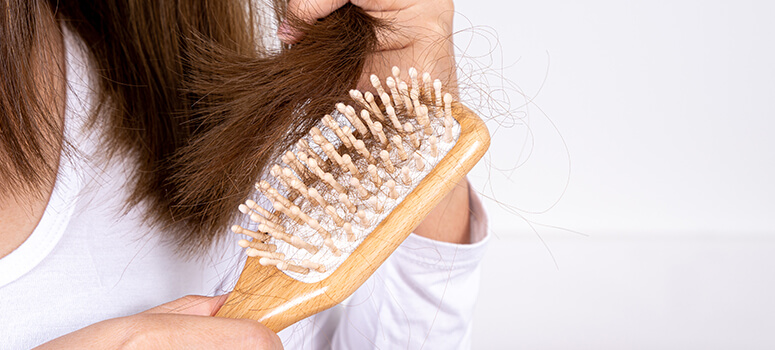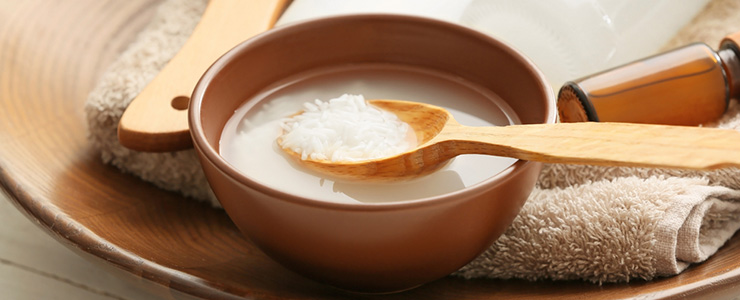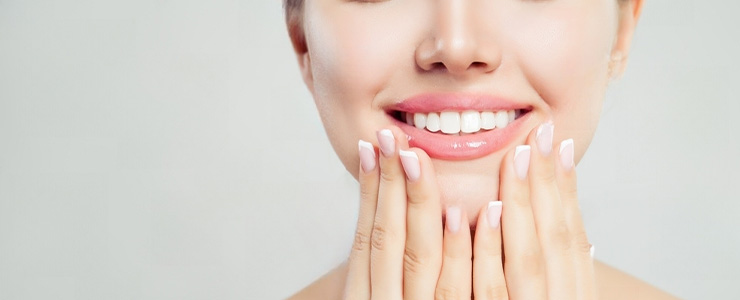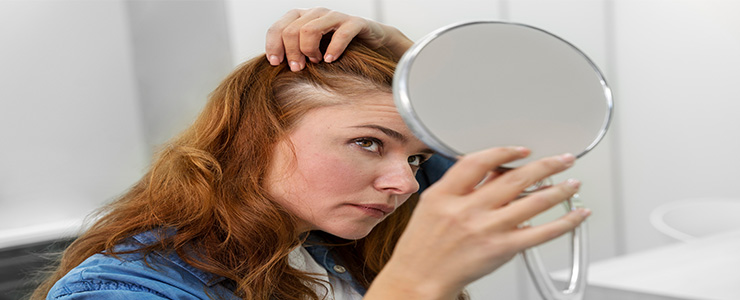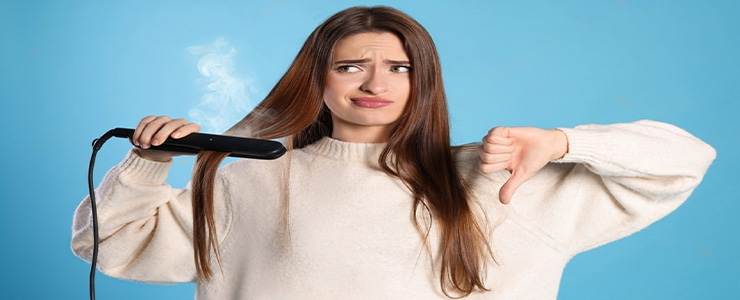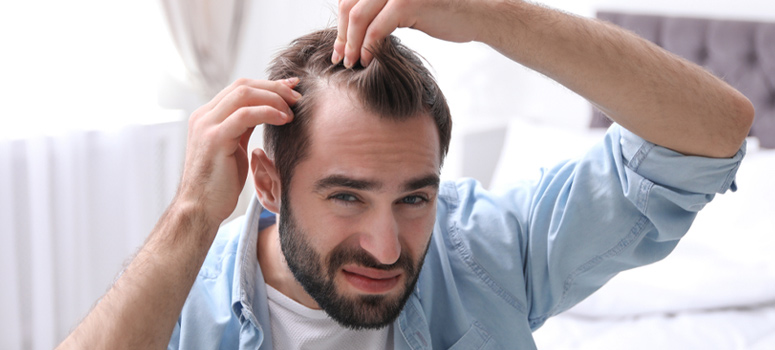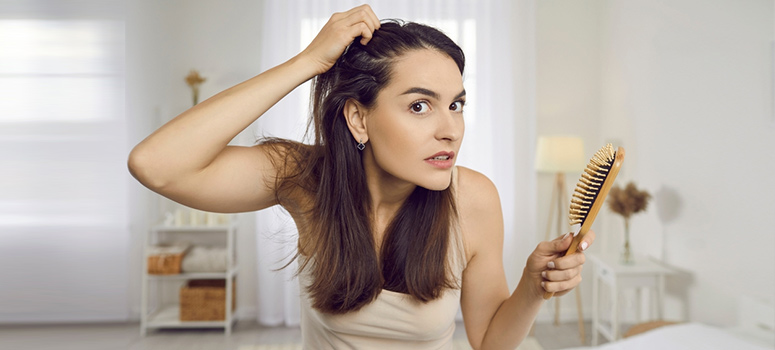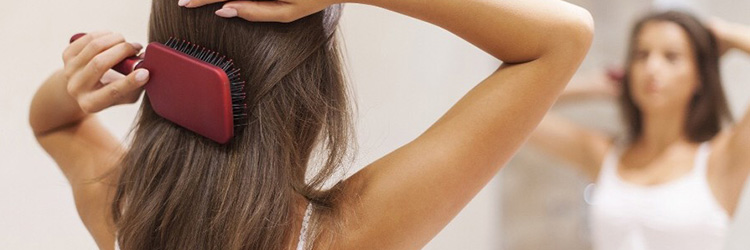Alopecia, commonly known as hair loss, happens when a woman loses more than 50 to 100 hair strands per day. This medical problem can significantly affect a woman’s wellbeing and quality of life, and it must be immediately treated before it gets intense.
For some women, hair loss and thinning happen due to genes. While for others, chemical-based shampoos, hair colouring, and styling products can be the cause. Nevertheless, the underlying causes of hair thinning and hair loss in every woman vary and they therefore need a tailored hair thinning treatment for female.
Keep reading the article below to understand the causes of hair thinning and hair loss in women and their prevention.
What Causes Hair Thinning in Women?
Problems of hair thinning and hair loss can occur abruptly or slowly. Also, while some types of hair thinning are transitory, others are continual. Listed below are some causes that trigger hair thinning problems in females.
-
Stress

-
Hormonal Changes
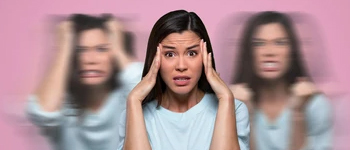
However, there is nothing to worry about as you can readily overcome this problem by seeing a dermatologist or trichologist and taking proper medication.
-
Medication or radiation therapy
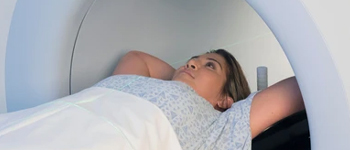
-
Menopause

Types of Hair Loss
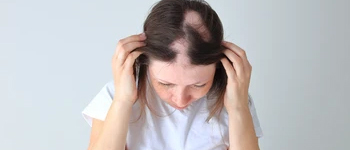
-
Androgenetic Alopecia –
This is a female-pattern hair loss or baldness induced by heredity. It is the principal cause of hair loss in women and usually occurs between 12 to 40 years of age. Also, unlike men who experience specific bald spots, women experience overall hair loss.
-
Cicatricial Alopecia –
It is a group of medical ailments that creates resolute hair loss through scarring.
-
Traumatic Alopecia –
This is another hair loss type where women experience hair fall due to excessive use of hair styling products. The hair follicles may break after using blow dryers, hot combs, straighteners, or substances to dye or straighten hair.
Understanding The Relationship Between Hair Loss In Women And Menopause
Several women undergo hair loss and hair thinning during menopause due to a reduction in the creation of female sex hormones, progesterone and estrogen. These hormonal fluctuations likewise point to medical symptoms like menstrual period irregularity, night sweats, dry skin, weight gain, and vaginal dryness.
Also, a stressful lifestyle and worrying about all these health problems can even worsen your hair loss. Hence, it might not be wrong to say that hair loss and menopause are related, and menopause can be a primary trigger for hair loss.
How To Prevent Hair Loss And Hair Thinning?
Hair loss induced by hormonal fluctuations or stress, like pregnancy or menopause, might not need treatment. Alternatively, the loss will possibly stop on its own after your body adapts to those changes.
However, hair loss due to underlying medical conditions or nutrient deficiencies requires different considerations. Mentioned hereunder are some efficient ways to prevent hair thinning and hair loss.
-
Scalp Massage
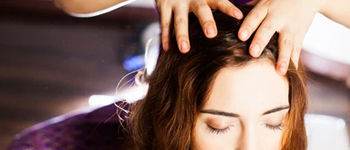
-
Essential Oils

-
Anti-thinning shampoo

-
Multivitamins

-
Folic Acid Supplements
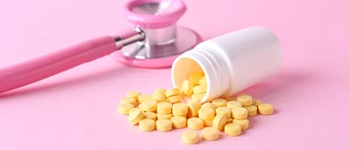
-
Minoxidil
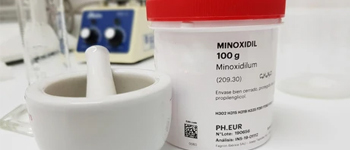
-
Spironolactone
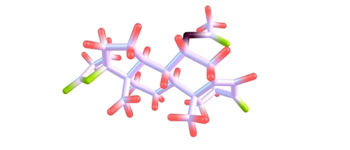
-
Corticosteroids
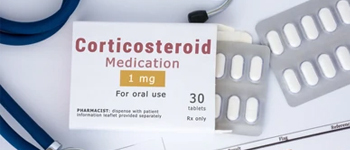
The Bottom Line
While the problem of hair loss and hair thinning can be disturbing at first, it is treatable. Nevertheless, if you continue to encounter hair loss and hair thinning, it might be time to talk to an experienced dermatologist. If you are looking for further information on hair thinning or wish to connect with some of the best dermatologists for your hair loss problems, visit Skin and Hair Academy.

